How I Found the Gate
This isn't just how I became a doctor and coach.
It's how I almost lost myself—and what I found instead.
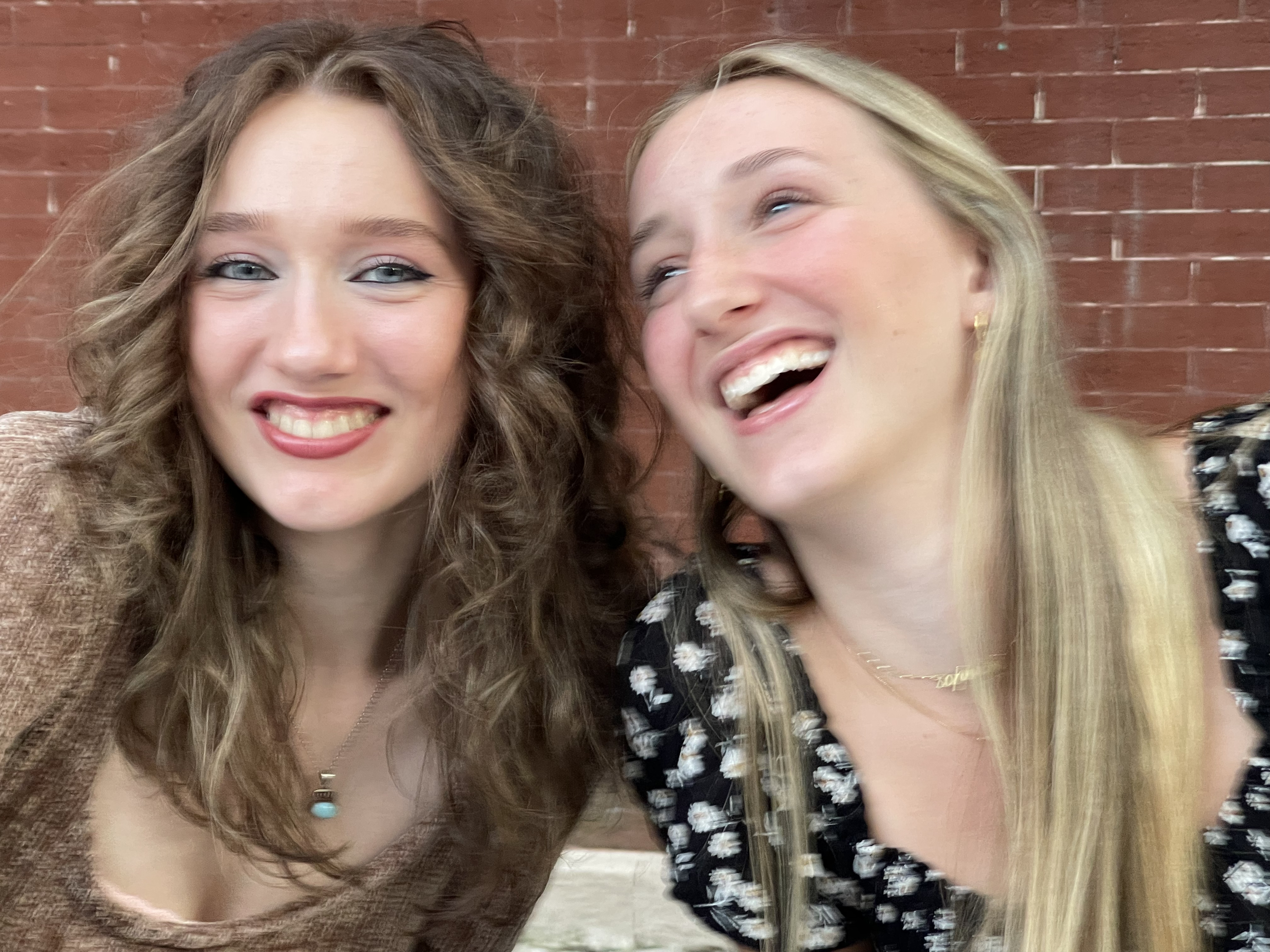
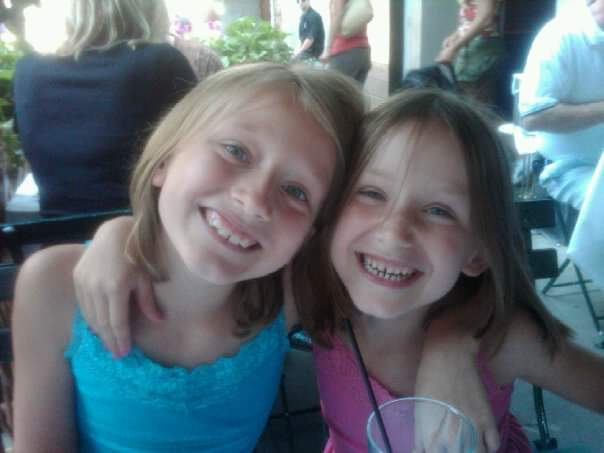
I didn't always know I would share this story—but then my daughters grew up. Watching them step into their power—focused, capable, and ambitious—I loved what I saw.
And I was concerned.
I felt compelled to guide them, to help them look at their futures with a wider view—not because I wanted to steer them away from success, but because I know how easy it is to get lost when that's the only focus. And so often, it is.
They're so smart and determined. I could see them laying the groundwork for the very thing that could end up becoming a cage.
That's how I got to today—sharing this with you.


How I Found the Gate
This isn't just how I became a doctor and coach.
It's how I almost lost myself—and what I found instead.
I didn't always know I would share this story—but then my daughters grew up. Watching them step into their power—focused, capable, and ambitious—I loved what I saw.
And I was concerned.
I felt compelled to guide them, to help them look at their futures with a wider view—not because I wanted to steer them away from success, but because I know how easy it is to get lost when that's the only focus. And so often, it is.
They're so smart and determined. I could see them laying the groundwork for the very thing that could end up becoming a cage.
That's how I got to today—sharing this with you.
I'm living a beautiful life
I love what I do. I have two incredible daughters—one graduated, one just starting college. They're gems in the crown of my life. My husband is my best friend. Even after 30 years, he's still one of my favorite people to hang out with. I have an amazing community of friends, a wonderful sister and brother, and a mother I adore.
My 35-year-old clinic is thriving—still in the top 10% of U.S. small businesses—and we've helped over 31,000 patients. People travel just to see us. My second business, SixthGate, keeps growing too. Both are financially rewarding, emotionally fulfilling, and fun.
I live in a beautiful flat on Chicago's lakefront. I read poetry, write, and travel—I've been to 26 countries. For more than a decade, I've pilgrimaged to South India twice a year to study Ayurvedic medicine, enjoy great food, deepen my spiritual practice, and indulge in self-care.
You wouldn't know it to look at me now. But the road here was bumpy—very bumpy.
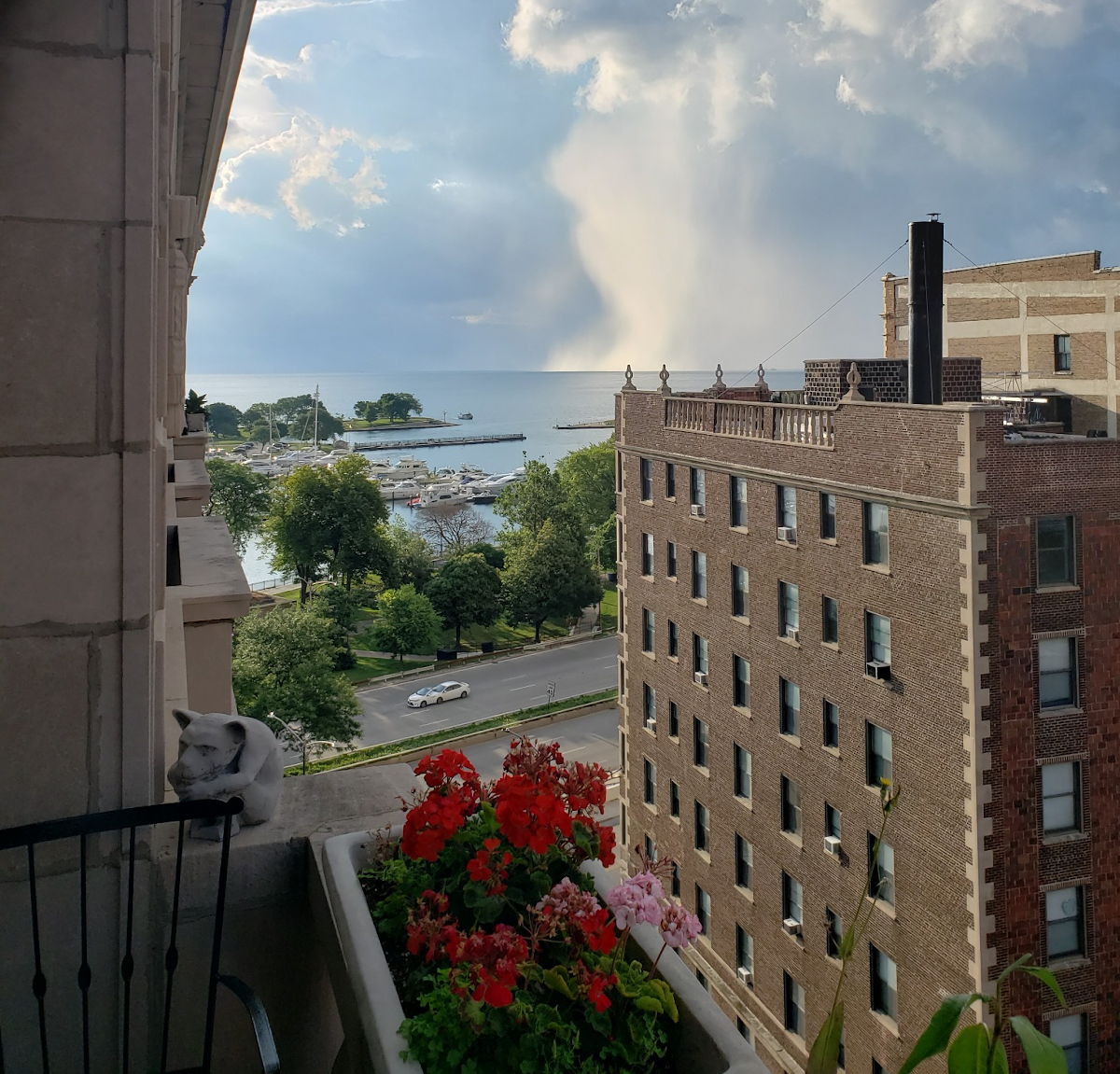
The Debt That Drove Me Forward
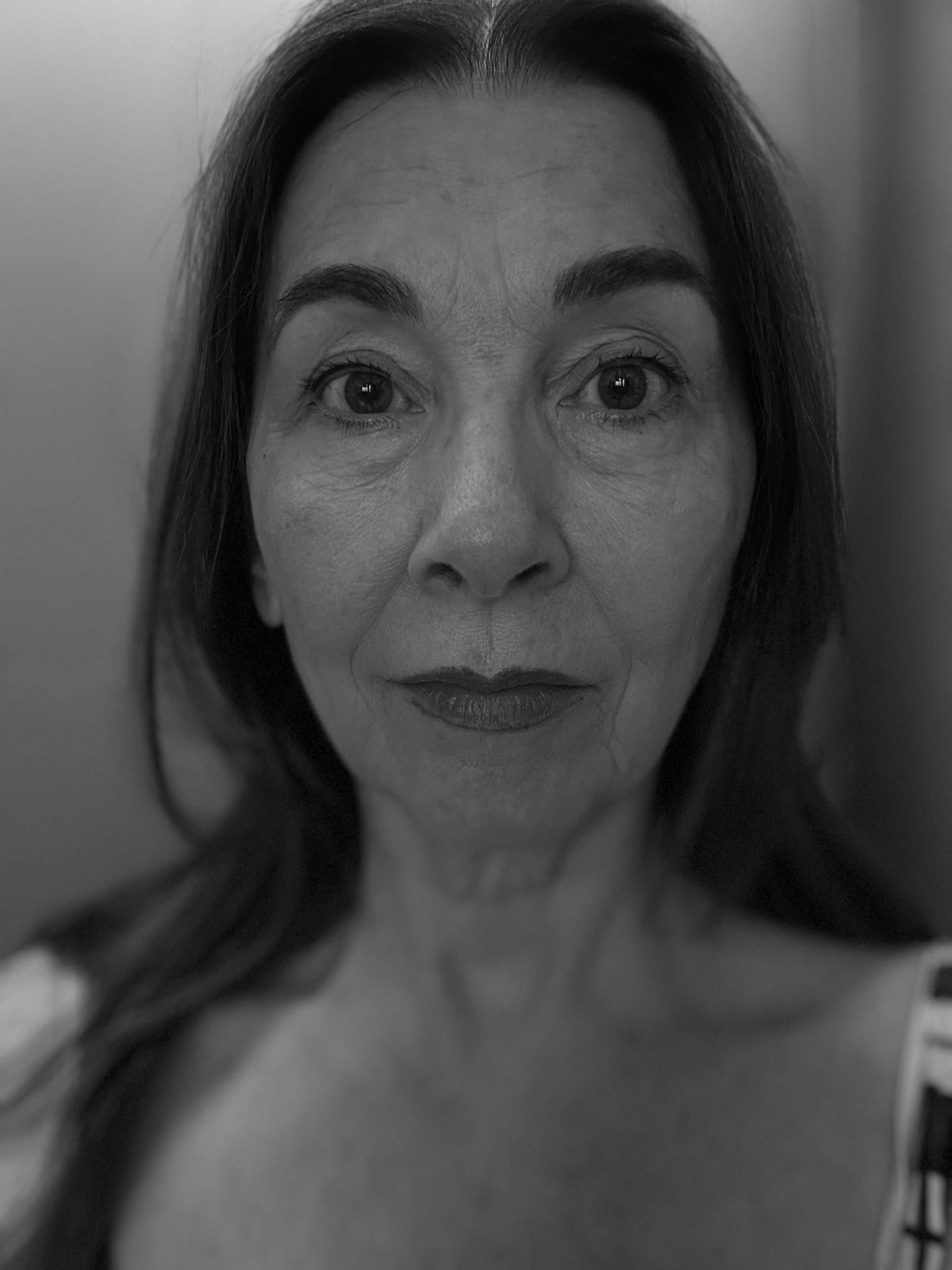
I started my clinic at 29, after 11 years of intense study—including the U.S. Army, college, grad school, and a doctorate. I had $250,000 in school debt and took another $150,000 in business loans. I didn't understand interest—and didn't care.
All I saw was one goal: launch a successful clinic.
I had a business coach and thought I was ready. I wasn't. Though the launch was successful, there's much more to business than starting. I had no connections, no reputation, and no business experience. And on top of that, I had no patients. Going to work at an empty clinic every day was torture.
The first three years were terrifying. But through willpower, long hours, relentless community outreach, unwavering effort—and some luck—the business held its own, and I was making good on my loans.
The Debt That Drove Me Forward
I started my clinic at 29, after 11 years of intense study—including the U.S. Army, college, grad school, and a doctorate. I had $250,000 in school debt and took another $150,000 in business loans. I didn't understand interest—and didn't care.
All I saw was one goal: launch a successful clinic.
I had a business coach and thought I was ready. I wasn't. Though the launch was successful, there's much more to business than starting. I had no connections, no reputation, and no business experience. And on top of that, I had no patients. Going to work at an empty clinic every day was torture.
The first three years were terrifying. But through willpower, long hours, relentless community outreach, unwavering effort—and some luck—the business held its own, and I was making good on my loans.

The Day of Two Miracles
In my 15th year in business, I had a day I'll never forget.
That morning, I found out I was pregnant with my second daughter. I was 43. A miracle. That afternoon, I gave my final pitch in a national entrepreneur contest—and I won. Another miracle. By New Year's Eve, two dreams had come true: I delivered a beautiful baby girl and hit the million-dollar mark in my business.
I wish I could say I felt joyfully relaxed. But I didn't.
The pregnancy had been brutal—physically, emotionally, metabolically. I suffered the entire second and third trimesters. And still, I didn't stop. I ran full throttle with one goal: hit the million-dollar mark before she was born.
Even though I had exactly what I wanted, I was overwhelmed with stress.
I told myself maybe a short maternity leave would refuel me. But it didn't.
When the Outside Looks Great (But the Inside Is a Wreck)
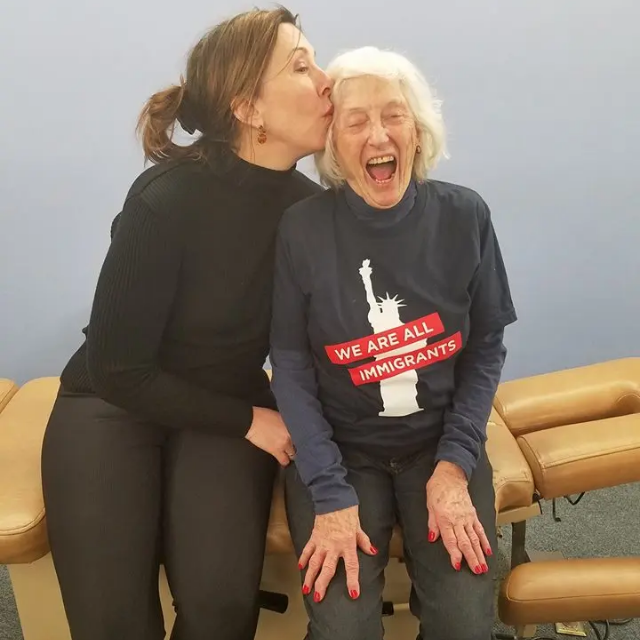
Ten days after my daughter's birth—and the confirmation I'd hit the million-dollar mark—I got shocking news. The woman I trusted most at the clinic had been stealing from me. She was a professional thief, a fugitive wanted elsewhere, using an alias the whole time.
I watched calmly as the Chicago Police Fugitive Team arrested her at the office. Then I turned around and got back to work. My team was in uproar. I didn't cry. I didn't laugh. I didn't complain. I didn't tell anyone how awful I still felt. I went home to breastfeed, then made the necessary calls. My company was on the edge of collapse—and so was I.
But that didn't stop me.
I doubled down on what I knew best: working harder. Though I felt like a wreck, I looked happy. And that's when something started to wake up in me—a question I couldn't ignore.
When the Outside Looks Great (But the Inside Is a Wreck)
Ten days after my daughter's birth—and the confirmation I'd hit the million-dollar mark—I got shocking news. The woman I trusted most at the clinic had been stealing from me. She was a professional thief, a fugitive wanted elsewhere, using an alias the whole time.
I watched calmly as the Chicago Police Fugitive Team arrested her at the office. Then I turned around and got back to work. My team was in uproar. I didn't cry. I didn't laugh. I didn't complain. I didn't tell anyone how awful I still felt. I went home to breastfeed, then made the necessary calls. My company was on the edge of collapse—and so was I.
But that didn't stop me.
I doubled down on what I knew best: working harder. Though I felt like a wreck, I looked happy. And that's when something started to wake up in me—a question I couldn't ignore.

Physician, Help Thyself
I knew how to care for everyone else. But not me.
This time, the problem wasn't physical.
I finally asked the question I had avoided for years.
The question I couldn't ignore was: Who's going to take care of me?
I'd spent most of my life helping others. It started when I was 15, working as a nurse's aide. Then an Army medic, a massage therapist, an acupuncturist, a doctor, a nutritionist, a coach, a functional medicine specialist, a yoga teacher… and more.
I thought physical pain was the main problem. At the clinic, I built the best team to help people get out of pain. But thousands of visits revealed something else: people were still suffering—long after their bodies healed.
What hurt wasn't just physical. It was invisible: self-doubt, self-denial, self-criticism, burnout, heartache, imposter syndrome.
I saw it in others. I saw it in myself. I looked fine on the outside—but I was coming undone.
When I realized I was one of them, I circled back to the question:
Who is going to take care of me? And the answer was terrifying…
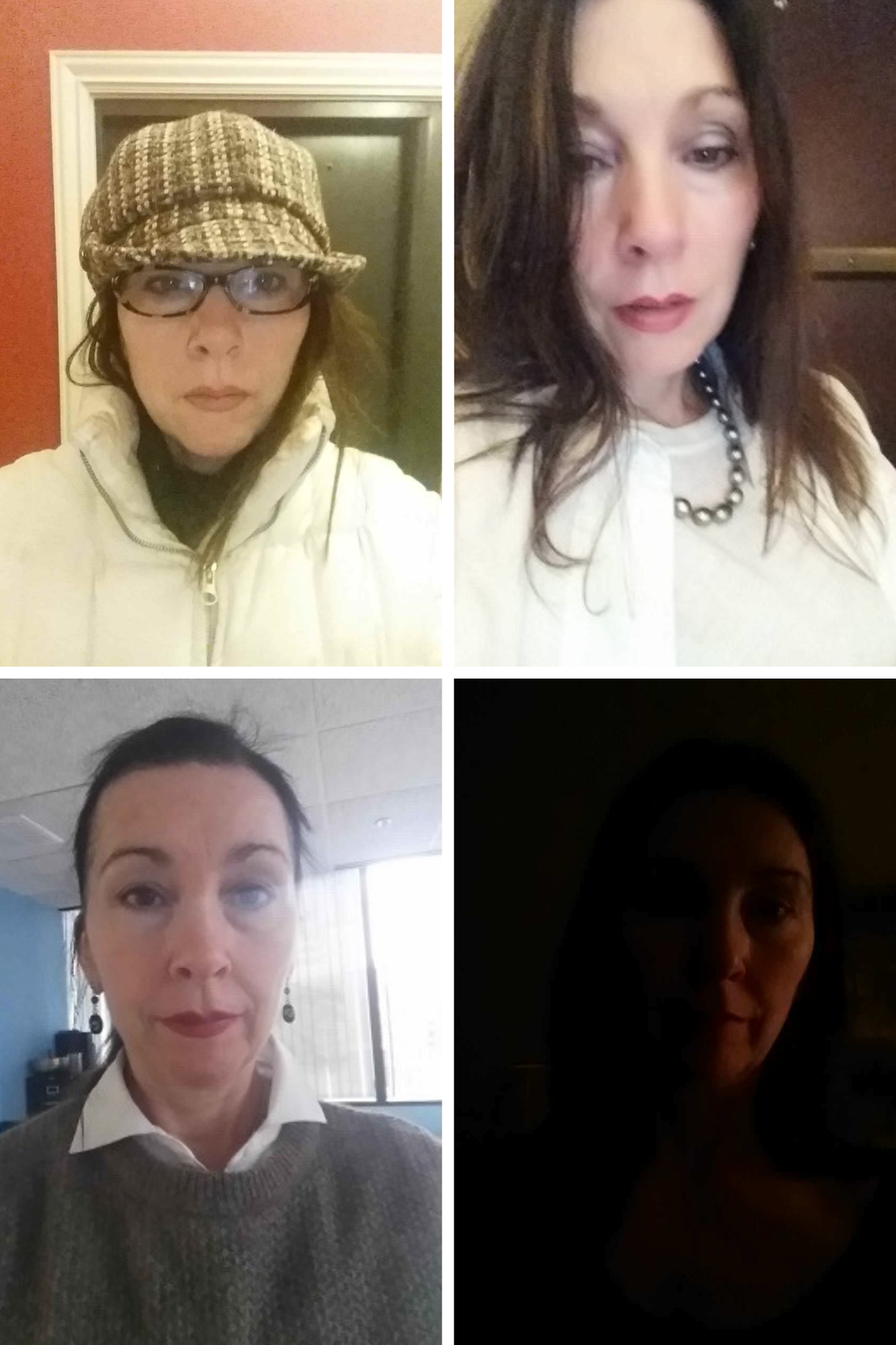
Running on Empty
There's a difference between peak performance and optimal performance.
Peak is summiting Everest. Optimal is sustainable brilliance.
I didn't know that yet.
I'd already rebuilt the business a few times—through a data crash, a fire, theft, a fugitive executive… and then a devastating flood. As profits vanished under pressure, I hit a terrible cash crunch. Payroll was barely possible. I went to a loan shark to keep the business alive.
I was underpaid, in debt, and exhausted—but hell-bent on making it work. No. Matter. What.
At the same time, my second business—once a hobby—had become vital.
I was getting up earlier, staying up later, racing between patients, clients, meetings, home, husband, and daughters.
My days began early, ended late, and included every weekend.
I was stretched as thin as a rubber band just before it snaps.
And, yet, I kept going.
Running on Empty
There's a difference between peak performance and optimal performance.
Peak is summiting Everest. Optimal is sustainable brilliance.
I didn't know that yet.
I'd already rebuilt the business a few times—through a data crash, a fire, theft, a fugitive executive… and then a devastating flood. As profits vanished under pressure, I hit a terrible cash crunch. Payroll was barely possible. I went to a loan shark to keep the business alive.
I was underpaid, in debt, and exhausted—but hell-bent on making it work. No. Matter. What.
At the same time, my second business—once a hobby—had become vital.
I was getting up earlier, staying up later, racing between patients, clients, meetings, home, husband, and daughters.
My days began early, ended late, and included every weekend.
I was stretched as thin as a rubber band just before it snaps.
And, yet, I kept going.
The Cost of Being Tough
I kept telling myself: This will level out soon.
But it didn't.
That year became another then another then another…then seven. I was putting out fires constantly. My businesses were growing. My reputation was solid. How could I complain?
But my family was strained. My marriage was under pressure. And finances—still—were hard.
If I wasn't sleeping, I was in fight mode.
Then my body sent a message I couldn't ignore: a lump in my breast.
I didn't tell a soul—not even my husband—until 12 hours before surgery. Why? Because like so many women, I wore my mask too well. I was the strong one.
I told myself I was fine. So I had to be fine—even when I wasn't.
And still, both businesses grew. The clinic thrived. My coaching practice expanded.
No surprise. I was an expert at solving problems.
Even when the biggest one was me.
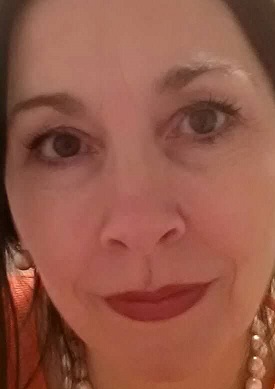
Confusion and Clarity
I had spent years studying the body and mind—anatomy, nutrition, exercise physiology, chiropractic, acupuncture, functional medicine, behavioral science, hypnosis, neuroscience, linguistics, breathwork, yoga, and traditional medicines.
I saw that even people with perfect labs, great posture, and beautiful movement were still suffering. Something else was wrong.
In my coaching work, I wanted to help them fix what hurt inside—what they hadn't yet figured out. And it was working.
My businesses mirrored my split: doctor and coach. But I hadn't integrated the two.
Especially not for myself.
I kept postponing care for me—believing I'd get to it eventually.
But when I woke up from surgery, I knew:
Tomorrow was today.
I needed a change—right now.
The Break That Saved Me
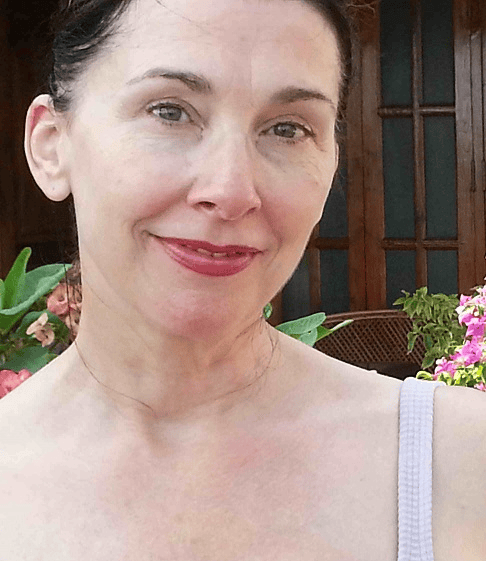
After the lump was removed, I called my friend Shambhu—a fourth-generation Ayurvedic doctor in South India. I told him the truth: I wasn't doing well.
He said, "Wrap things up and get here as soon as you can. Stay for a month."
He was talking about Panchakarma—an ancient 21-day system for clearing stress from the body, mind, and memory. It was unthinkable to leave everything—my businesses, kids, and husband.
But I went.
In Kerala, India, 9,000 miles from home, I experienced what astronauts call the Overview Effect—when you see Earth from space and suddenly know what matters.
I saw what had been missing. I saw who I'd been neglecting.
There, alone, I slowed down until I stopped.
And I finally heard myself:
You are the only one who can change what happens next.
No one is going to do it for you.
And the time to do it… is now.
The Break That Saved Me
After the lump was removed, I called my friend Shambhu—a fourth-generation Ayurvedic doctor in South India. I told him the truth: I wasn't doing well.
He said, "Wrap things up and get here as soon as you can. Stay for a month."
He was talking about Panchakarma—an ancient 21-day system for clearing stress from the body, mind, and memory. It was unthinkable to leave everything—my businesses, kids, and husband.
But I went.
In Kerala, India, 9,000 miles from home, I experienced what astronauts call the Overview Effect—when you see Earth from space and suddenly know what matters.
I saw what had been missing. I saw who I'd been neglecting.
There, alone, I slowed down until I stopped.
And I finally heard myself:
You are the only one who can change what happens next.
No one is going to do it for you.
And the time to do it… is now.

The Discovery
At the time, I was a new member of Entrepreneurs' Organization (EO). My EO forum—eight high-achieving leaders—helped me summon the courage to leave everything behind.
It seemed impossible. I had to be hypnotized three times just to get on the plane. My husband encouraged me. Still, leaving my children… was so hard.
At the clinic in India, I had no schedule. No patients. No clients. No appointments. No phone. No signal. Just me, under a mosquito net, staring at the ceiling fan, asking:
How did it get this bad?
That month in India birthed SixthGate—the name of my second business. In the silence, I saw it clearly:
Success should not cost your health, joy, or relationships.
The systems I'd created for others were good—but fragmented. I wanted a better version—for them. And I needed it for me. Now.
So I built a system to reconnect with Resonance IntelligenceTM.
It saved me.
But it wasn't just for me.
The Comfort Zone
We forget how common it is to live in chronic override—shoulders up, jaw clenched, mind racing, nervous system in go mode.
I had forgotten, too.
That kind of overdrive works for short bursts—but it's the wrong zone to live in.
People say, "Get out of your comfort zone." But I think that's wrong. I believe in getting into your true comfort zone—the one where your brain, body, and being are in tune.
Where you notice signals early, adjust quickly, and design a life that fits.
Where success is your own. And you feel fulfilled.
Those invisible pains—self-doubt, burnout, exhaustion, heartache—weren't flaws. They were intelligent feedback from my system. The signals had been clear. I just ignored them.
In India, I realized I'd built a wall around myself. If I shifted my perspective, I could walk through it.
Suddenly, the concept of a gate—being able to step through a wall—felt genius. I didn't have to break anything down or rebuild everything.
I could simply walk into a new expression of my life.
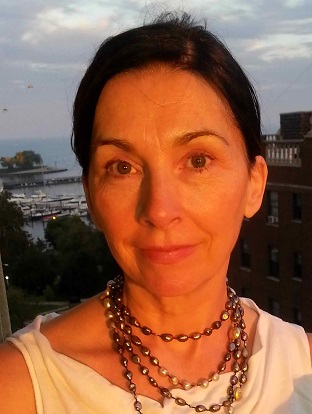
From Coach to Collaborative Futurist
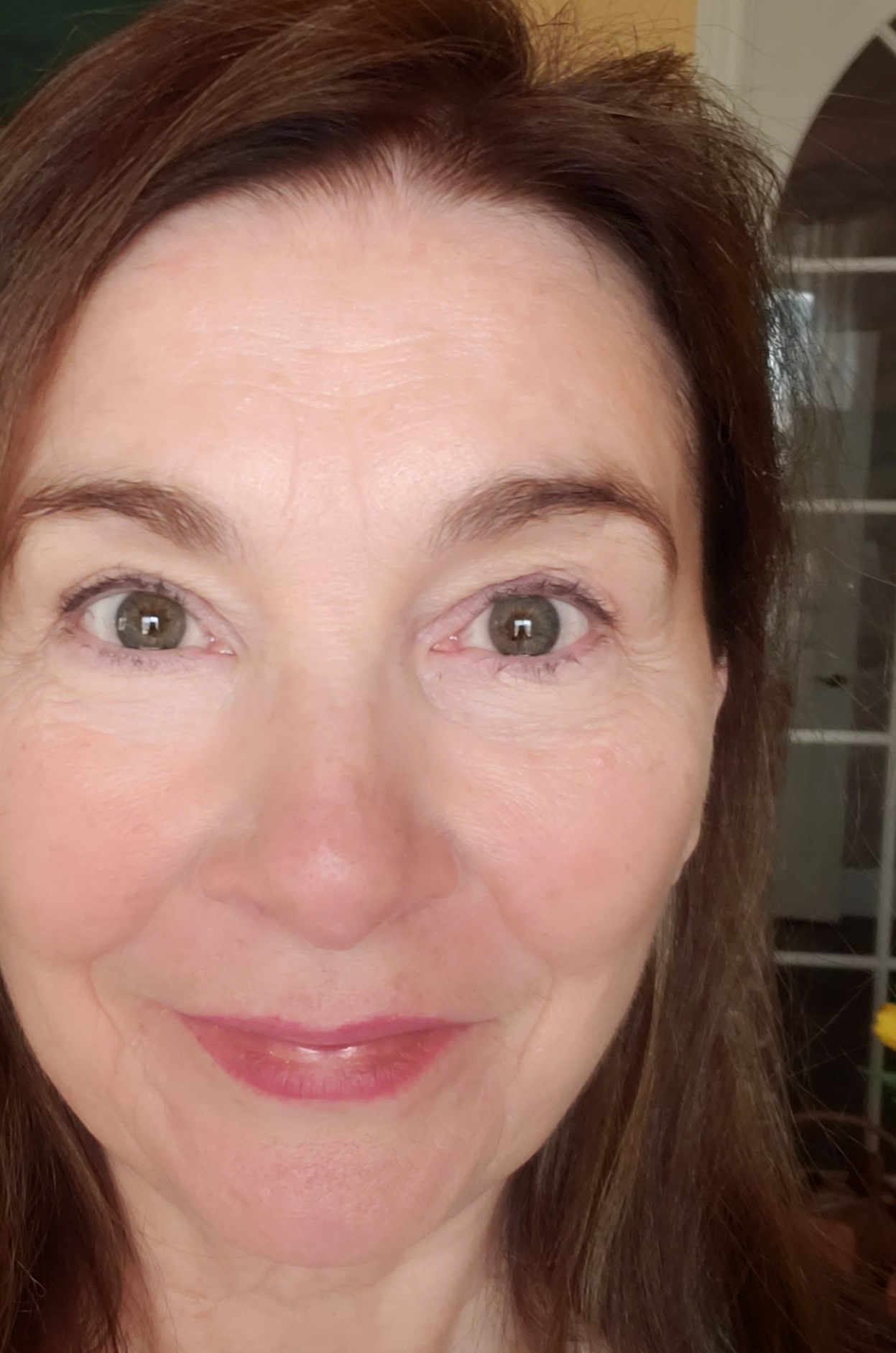
Before India, clients asked what to call me. Coach? Counselor? Therapist? Advisor?
I said "coach" because the title didn't matter. I was good at what I did.
But something changed in India. There, where I started to see my future more clearly—my next minute and my next decade—I realized:
I didn't just want to help people get through something, or get better at something, or solve a single problem.
I wanted to help them shape a better future.
That's when I changed what I called myself: a futurist.
And more precisely: a collaborative futurist. Because what I was doing—guiding people to listen to their Resonance IntelligenceTM, make aligned choices, and step into a new future—needed a name.
When I shared that title, people were curious. Of course they'd never heard of it. I had made it up!
But they liked it. And I did too.
From Coach to Collaborative Futurist
Before India, clients asked what to call me. Coach? Counselor? Therapist? Advisor?
I said "coach" because the title didn't matter. I was good at what I did.
But something changed in India. There, where I started to see my future more clearly—my next minute and my next decade—I realized:
I didn't just want to help people get through something, or get better at something, or solve a single problem.
I wanted to help them shape a better future.
That's when I changed what I called myself: a futurist.
And more precisely: a collaborative futurist. Because what I was doing—guiding people to listen to their holistic intelligence, make aligned choices, and step into a new future—needed a name.
When I shared that title, people were curious. Of course they'd never heard of it. I had made it up!
But they liked it. And I did too.

And This Is Why I Am Telling You
When my daughters were little, they danced, played, and explored. But as they grew, I watched them shift—toward goals, status, structure, and success.
It’s natural. I don’t want to stop it. I want them to explore their entrepreneurial spirits. I even want them to build businesses.
But something protective stirred in me: the pull toward external success is strong. Especially for ambitious women.
It’s so easy to sacrifice space, sleep, sanity, and softness for achievement.
I wanted to tell them—
Without realizing it, you can lock yourself inside a world that eventually feels like a trap.
You become the one everyone counts on. The solver. The achiever. The one chasing the next challenge. The next accolade.
And with all that focus outward, it’s easy to forget who you are.
Easy to stop believing that fulfillment could come without a fight—
that it could come simply from being who you are, as you are.
That’s why I’m telling you this story now.
It’s not just for my daughters—but for every daughter.
For you.
Because I know it’s hard to believe you don’t have to work harder.
Your life matters. And the clock is ticking.
You don’t have to break anything down or rebuild your whole life to feel full of energy, vitality, beauty, joy, and wholeness.
You just have to walk through the gate.
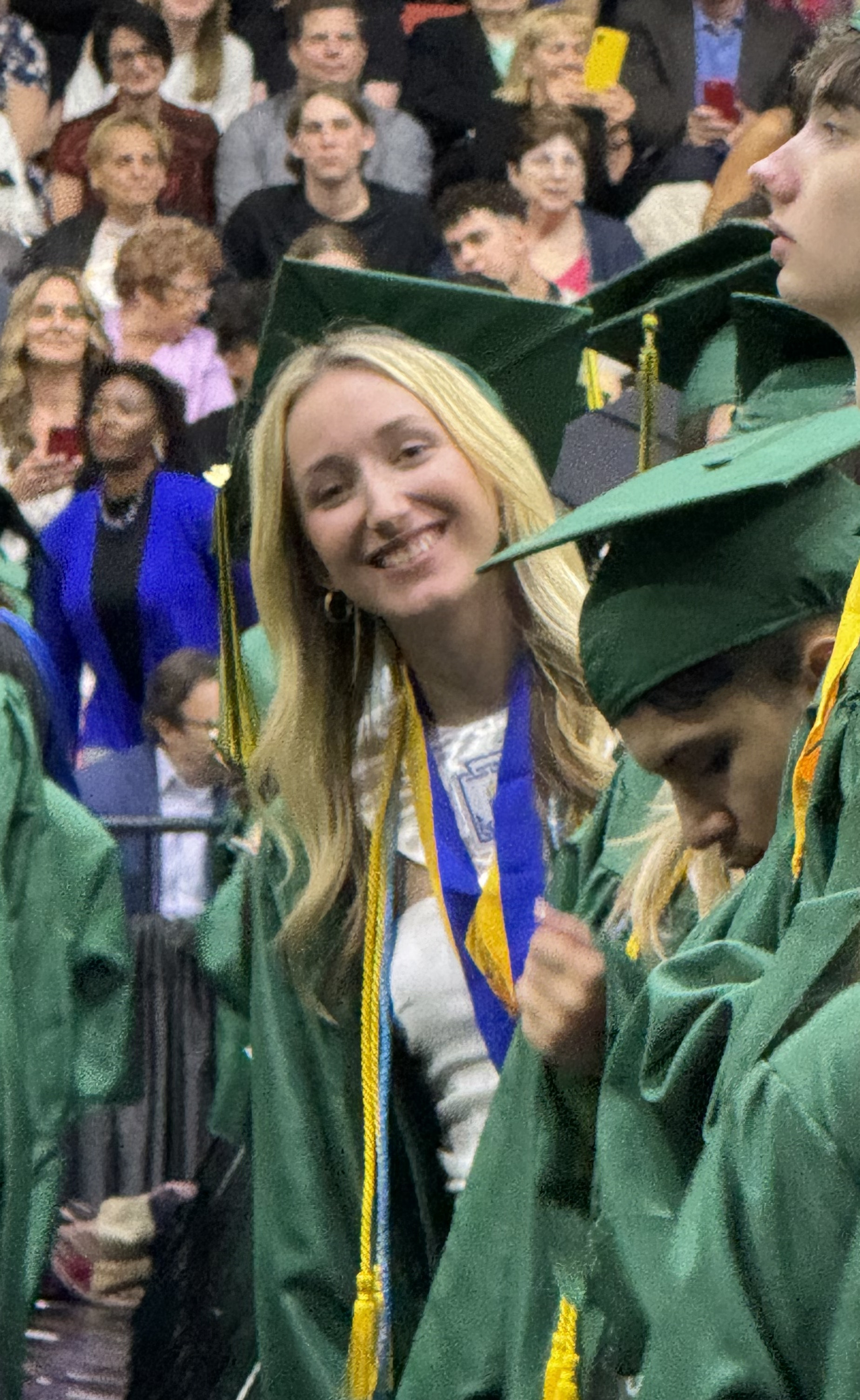
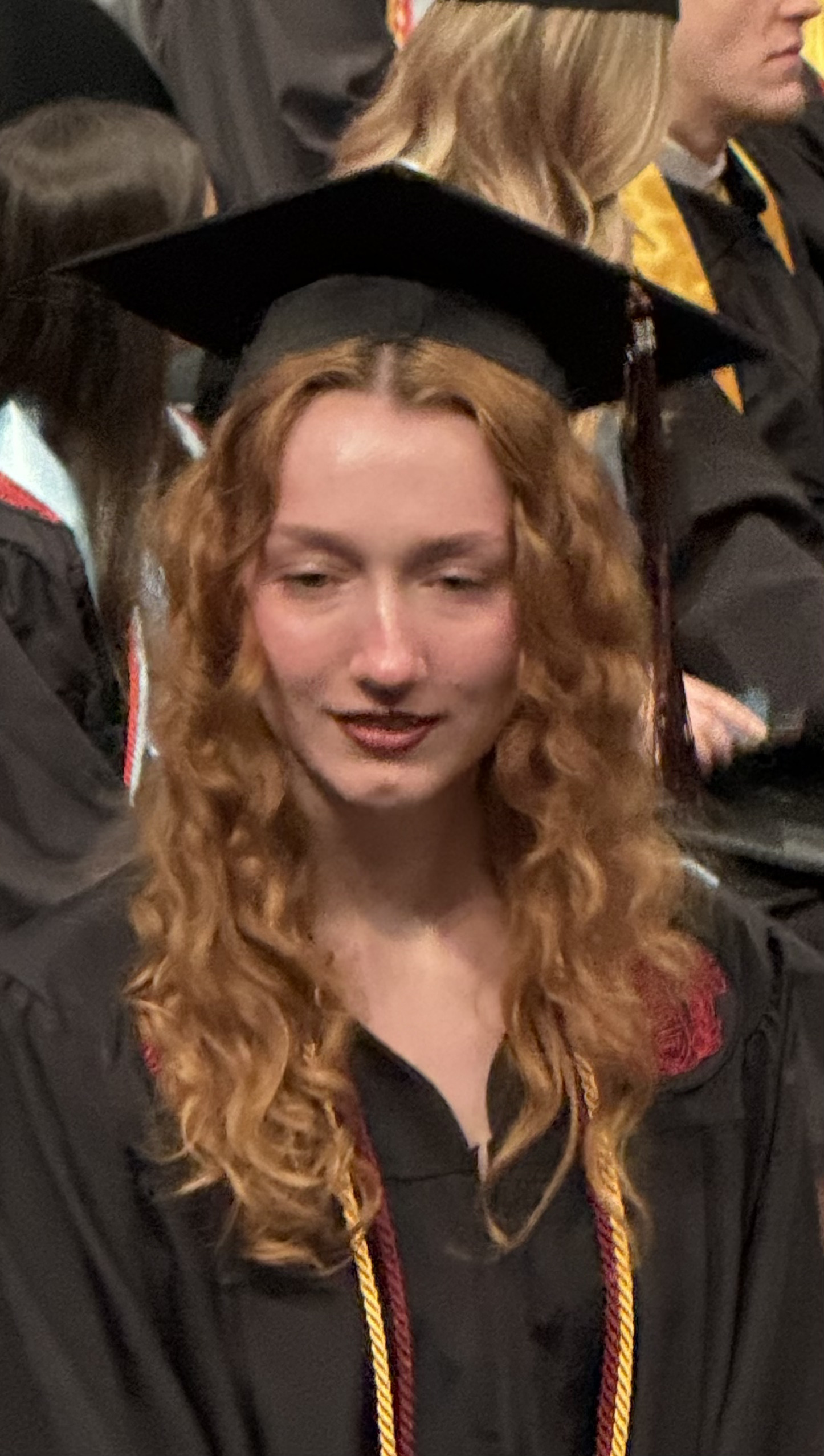
© Copyrights by SixthGate. All Rights Reserved.
